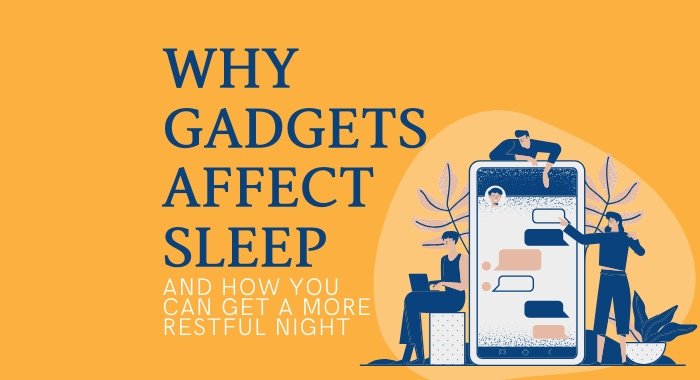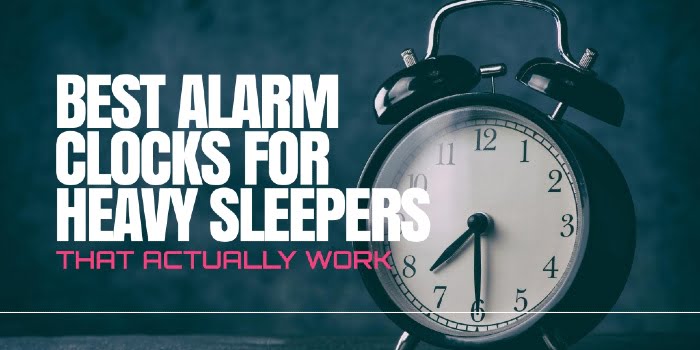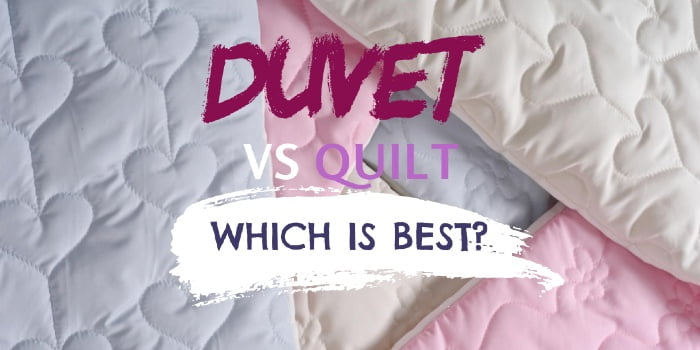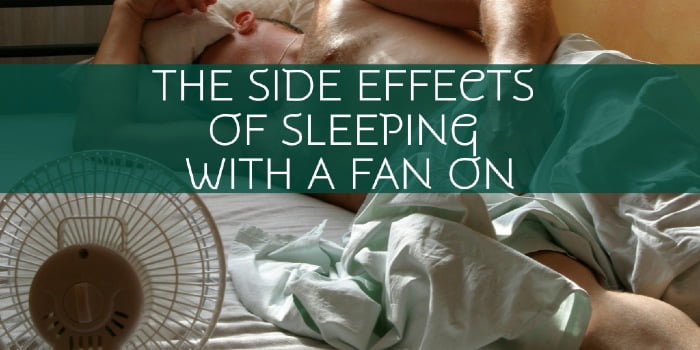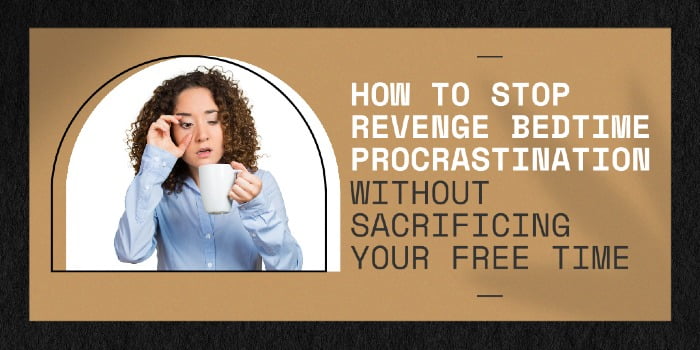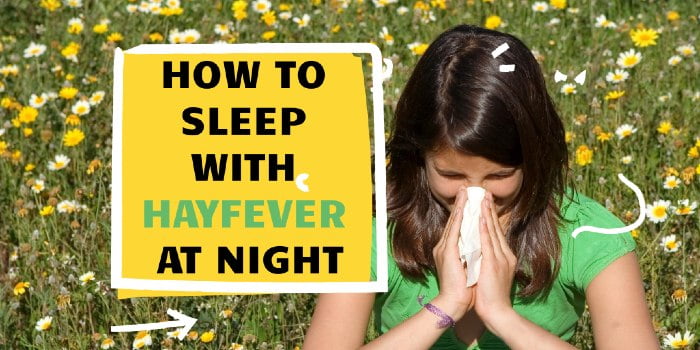Phones and technology have become an everyday part of our lives. We’re so glued to them that they’re often the last thing we check at night and the first thing we grab in the morning.
According to a YouGov survey, 65% of people use their phones in bed.
Technology is incredibly useful, but if you’re struggling to sleep, gadgets might be the reason why. And it’s not just because you might be laying in bed and just think, “I’ll just watch a few videos before I go to sleep” before 4 hours have passed and you’re no closer to the land of nod.
In fact, recent research suggests that as many as 12 million people in the UK have sleep problems due to gadgets.
Here’s why gadgets affect sleep and what you can do to get a more restful night.
Why gadgets affect sleep
There are a few ways why gadgets affect sleep. The first is that they keep your mind awake and engaged, making it hard for you to wind down.
You may think you’re just answering ‘a quick email’ or watching ‘one more episode’, but stimulating your brain and tricking yourself into thinking you have to stay awake. It’s not until the technology is put down that you can start to unwind and let go of these thoughts.
That’s also not good for your mental health either. In one study, increased gadget use at night such as scrolling through your Instagram and Twitter feeds from the comfort of your pillow, was found to increase the likelihood of depression, bipolar disorder, and neuroticism.
The main reason why gadgets affect sleep is that they emit blue light, which disturbs your circadian rhythm.
Your circadian rhythm is powered by light

Your circadian rhythm is your natural body clock. It’s how your body knows when it’s time for bed and when it’s time to wake up.
Your circadian rhythm is powered by light. If your body registers a lot of light, it will assume that it’s day time and time to stay awake. If it’s dark, it’s time for bed. When it gets dark, your circadian rhythm will send a signal to start producing a hormone called melatonin. This is what sends you to sleep.
If something interferes with this cycle, your sleep will suffer. There are different circadian rhythm sleep disorders caused by a disruption to this cycle.
The blue light that gadgets emit confuses this signal. It tells your body that it’s still day out and you need to stay awake, even if you feel tired. So, your body isn’t producing any melatonin that you need to go to sleep.
One study published in the Proceedings of the National Academy of Science found that using a screen can suppress melatonin levels by more than 50%. In addition, the suppressed levels didn’t go back to normal until 90 minutes later on the following night.
It becomes clear then why gadgets affect sleep. This means that you won’t just struggle to fall asleep on that night, but also the night’s following it. Yikes.
What are the effects of not sleeping?
Not getting your 8 hours of sleep a night can have a massive impact on your health. These are some of the common side effects that you might see with just a few hours of missed sleep.

- Feeling tired or lacking energy;
- Lack of concentration;
- Slow reactions;
- Low mood or mood swings;
- Feeling grumpy or irritated;
- More susceptible to colds or sickness.
If you continue to skip sleep, these effects get worse and can cause long-term damage to your health. In fact, those who do suffer from long-term sleeping problems are at increased risk of:
- Type-2 diabetes;
- Obesity;
- Cancer;
- Heart disease;
- Infertility;
- Depression and anxiety.
Want to keep at your healthiest? It’s time to put down the gadgets and get a good night’s sleep.
How long before bed should you stop using electronics?
There’s no straightforward answer to how long before bed should you stop using electronics. Some people will recommend at least 1-2 hours before bed. Others will say at least 30 minutes.
This is all about finding the correct time for you. Start off small if you want to with 30 minutes free of screen time before bed and how what changes this brings in a couple of weeks. If your sleep hasn’t improved, extend this screen-free time.
If you’re really struggling without your devices, you might want to consider blue light blocking glasses or using blue light filters on your phone to limit the light because that is precisely why gadgets affect sleep.
Turn your bedroom into a sleep sanctuary
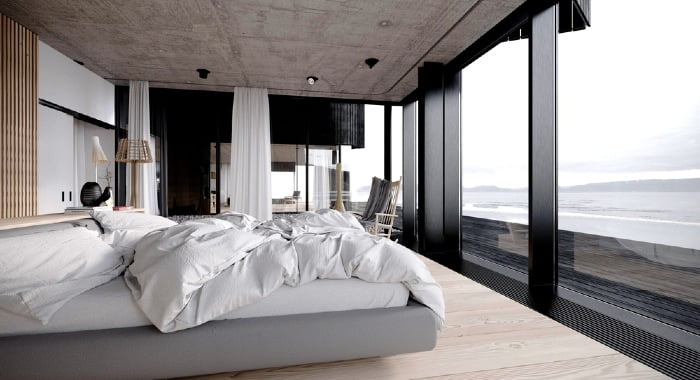
For the best night’s sleep, you need to ensure that your bedroom is set up in the best way. That means no distractions, keeping a cool temperature, and having a comfortable and supporting mattress.
It’s a good idea to remove all gadgets and work from your room, including a TV. As nice as laying in bed watching TV is, it’s not great for your sleep.
How far away should your phone be when you sleep?
In an ideal world, you shouldn’t have your phone in the same room as you when you sleep.
According to one survey, 72% of children aged 6 to 17 sleep with at least one electronic device in their bedroom. This leads to them getting less sleep on school nights compared with other kids. If a mobile device is in the room, children are more likely to be on it. One in 10 11-18-year-olds state that they check for notifications on their phone at least 10 times a night.
It becomes evident why gadgets affect sleep!
But sometimes it’s just not possible to not have your phone in the room, particularly if you’re using it as an alarm for the next morning. If you must have your phone in the room, move it as far away from you as possible. This will stop it from being easy for you to grab in the night.
If you’re going to have your phone in your room, it’s also a good idea to have it on silent or do not disturb mode. This will stop notifications and sounds from ringing out in the middle of the night and disturbing your sleep.
If you like to keep it in case of emergencies, you can set up exceptions to do not disturb modes. This would, for instance, let certain people call you in the night or turn sound back on if someone rings you more than once in quick succession.
Are Kindles okay to use before bed?

As we’ve seen, blue light is the main reason why gadgets affect sleep. However, original Kindle models were made to light up without using blue light, which makes them safe to use before bed. This is great news for those that need something to do when winding down before bed.
One study testing the effects of screens before bed found that those who looked at screens before bed not only took at least 10 minutes longer to fall asleep but also had less REM sleep and found it harder to wake up in the morning. In contrast, those reading a paper book or Kindle were fine, making them a great bedtime alternative for you to use.
However, if you’re reading on a newer device or tablet, you might want to avoid using them just the same as they will still interfere with your circadian rhythm.
Just make your book choice sensible. You don’t want to start an exciting and gripping page-turning adventure if you’re thinking about getting some decent shut-eye.
What else affects sleep?
Gadgets and screens aren’t the only things that can affect sleep. These are some of the biggest offenders that might also be blocking your beauty sleep.
1. Caffeine
Caffeine is a natural stimulant that’s found in plants, such as coffee beans, tea leaves, and cocoa beans. If you’re like one of the many people that enjoy a cup of tea int he morning, you’ll know that caffeine is great at making you feel awake and more alert.
It works by blocking a chemical called adenosine.
Adenosine is what makes you feel tired, helping your body decide when it’s time to sleep. When you ingest caffeine, your body will still be producing the same amount of adenosine. You just won’t be able to feel it. That means that you aren’t resting with caffeine, you’re just delaying the effects.
Caffeine can stay in your system for over 10 hours. If you ingest it too close to bedtime, your body will not recognise that you’re tired, which means it won’t send the signal to make melatonin ready for sleep.
This can delay your sleep, further interfere with your circadian rhythm, and can even mean you get less sleep at night.
2. Alcohol

Despite the perception that a nightcap can help you fall asleep, alcohol can actually have the opposite effect on your night.
Like caffeine, alcohol suppresses the production of melatonin, making it more difficult to fall asleep. It also dehydrates you, meaning that a lot of people will actually have less sleep as their body will wake them up earlier for some much-needed water.
3. Stress
If you’ve been going through some major life changes or are under a lot of pressure, stress can keep you up at night.
That’s because your brain is staying active, constantly thinking about your worries or the decisions you need to make. The longer you stay awake, the more annoyed you might get – making it even harder to fall asleep afterwards.
Solving the problem that’s causing you stress is often easier said than done. But if you’re up and night deep into your thoughts, you may want to try meditation apps such as Headspace or Calm to try and let go of your day.
Want to get the best night’s sleep?
Now you know why gadgets affect sleep, you can start taking action to improve your sleep.
So, ditch the devices, cut your caffeine, and say no to the nightcaps. Then when you’re ready, try one of these sleep exercises to send you to sleep in no time at all.
If you’re still struggling, you may be suffering from a sleep disorder. Take a look at some of the most common disorders to see if you’re symptoms match up and consider speaking with your GP to get more advice and help.
